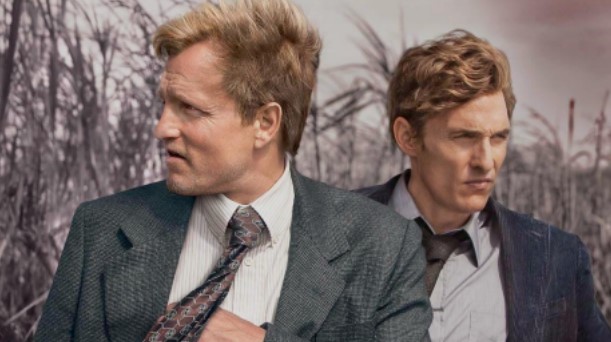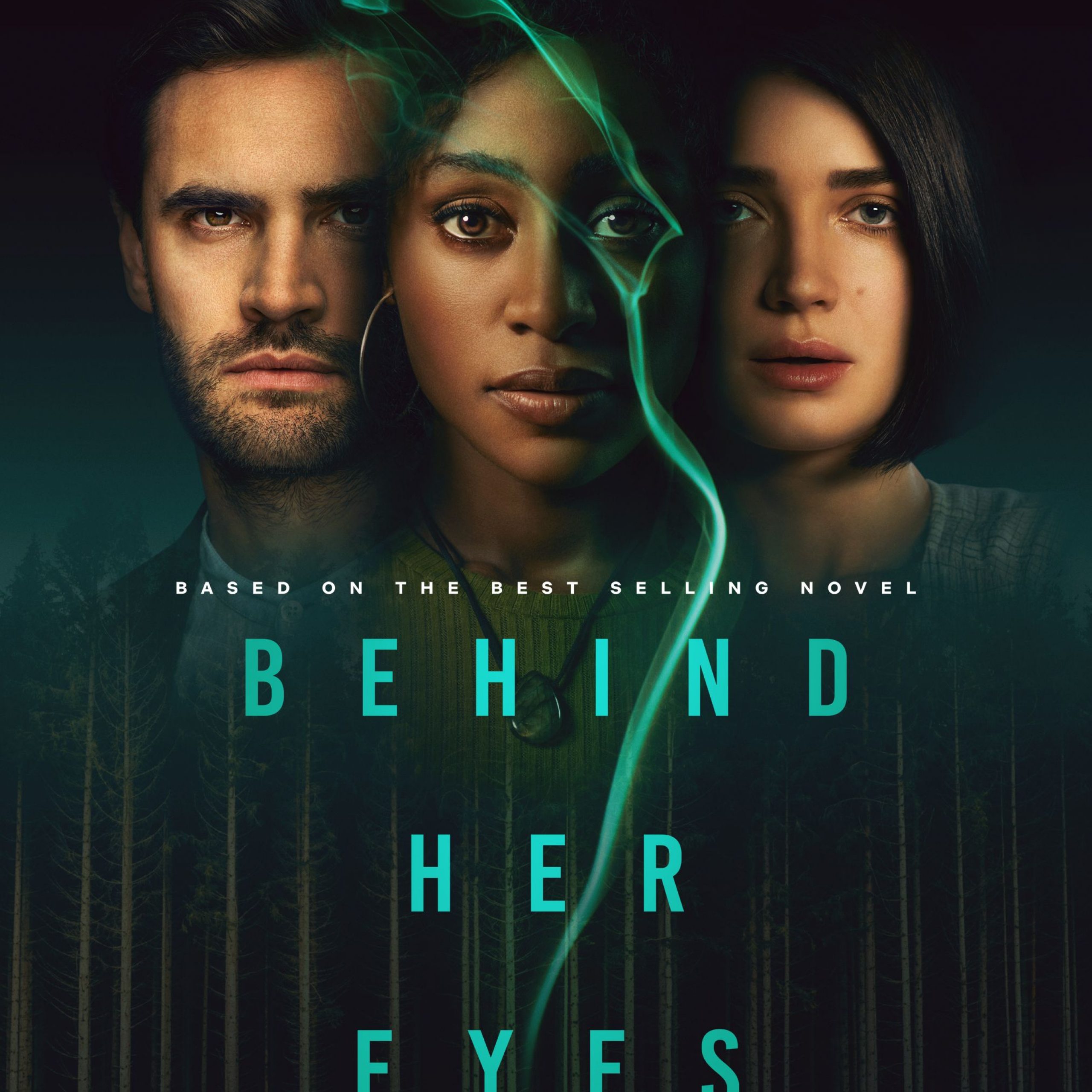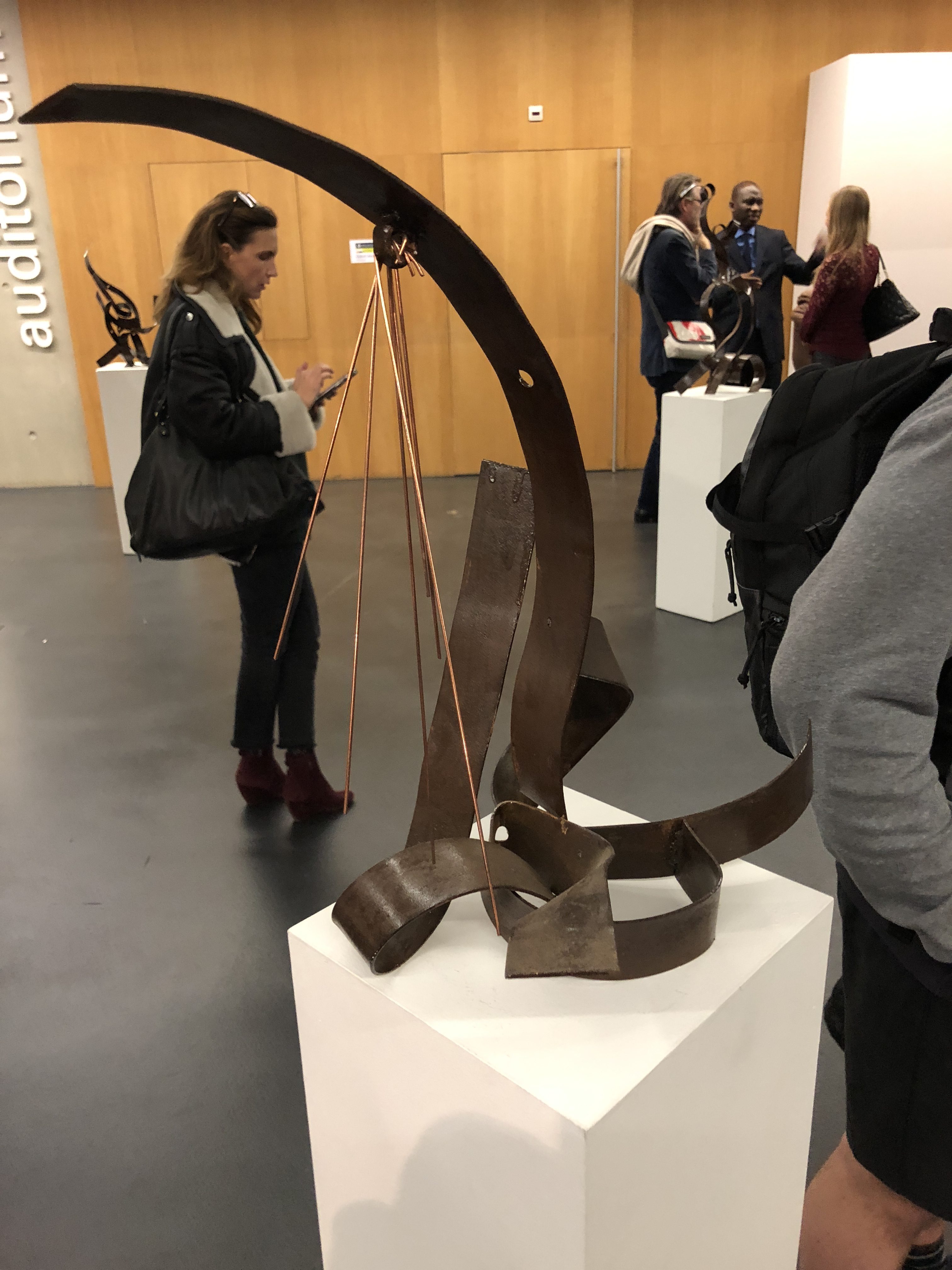By Jamie Beecroft, Year 12
TV shows share close similarities to novels. They are stretched out stories that require an audience to spend hours of time in the hope of finding something valuable within it. I have always found that it is possible to consume a story of equal or higher quality within a film.
And it all takes place in 2-3 hours instead of 10 seasons of a show that slowly decreases in quality as it goes on, and by the end of which any sane person would feel as though they are no longer receiving a story. Familiar characters and plot points end up getting used to stimulate nostalgia of a story that was only of high quality for no more than a handful of episodes across a few hundred.
Safe to say that television series are not my usual cup of tea. However I have found there to be a few outliers in the plethora of series that get recycled through Netflix genre lists in search of viewership. Woops, my bad, this series is not on Netflix. I just needed to express a drop of frustration.
As soon as I watched episode 1 of True Detective, it caught my attention.
But, how is it that True Detective (Season 1) is able to differentiate itself from all other shows and exemplify the quality that can come out of a single season of television?
Firstly, and most obviously, the show is elevated by the incredible performances of both of
the leads: Mathew Mcconaghey and Woody Harrelson. In preparation for the role, Mcconaghey wrote a 450 page document dissecting the character of Rustin Cohle. He was productive in doing so, creating the sense that there is much more to the character he plays than is shown. Woody Harrelson brings necessary humanity to a show where darkness lurks around every possible corner. No character in this universe is absent of flaws. It is debatable that Marty Hart is one of the more flawed characters. Harrelson’s impeccable acting communicates his pain and regret for what he has done. His humanity comes not only from his good deeds, but also his countless flaws. In an age where TV is used to distract us from the imperfections of life and ourselves, True Detective does not turn a blind eye, instead it dives straight into them. This is where we find its true quality.
The second aspect that makes it stand out is it’s taking place across multiple different eras. When the show begins, it is narrated by the characters in the year 2012, and they are recounting the events from 1995. Later on, they move on to 2002, where their relationship deteriorates, and near the end of the show we are shown the events taking place after the 2012 interviews. Such a multifaceted structure allows for a deeper dive into the characters. We are taken from the beginning of their tenure on the police force and their first meeting, to the deterioration of their relationship, and then finally shown an older, more broken down version of themselves. All of this taking place within a single season. It is able to do this by not holding the viewers hand throughout the story. Therefore the plot can continue without explaining every single detail, thus leaving the viewer to make their own character and plot assessment. This is the main criticism held by lazier viewers. They were left with more questions than answers. Life too, however, often does the same thing. In the setting of the show, it allows us to ask ourselves these questions, to go back over what we have seen and reflect back upon it.
This leads into my final point, which are the deep themes that the show explores. The truly sinister nature of the murder to explore the idea of humanity. Rustin Cohle introduces this within the first episode. During one of their many long winded car-ride dialogue sequences Mcconaghey’s character states three major philosophical and ideological themes. “I think human consciousness is a tragic misstep in evolution. We became too self-aware, nature created an aspect of nature separate from itself, we are creatures that should not exist by natural law. The honourable thing for our species to do is deny our programming. Stop reproducing; walk hand in hand into extinction, one last midnight, brothers and sisters opting out of a raw deal.” According to Rustin, humans have become more than what they were meant to be. They should no longer be categorised as a part of the natural world. Such ideas are exemplified by the atrocities of the murders being investigated. For humans to do such things to each other is proof of an error in our “programming”. The only solution would be to stop reproducing. Sounds like quite a radical statement. This was expressed by the earliest version of the character that we see. The later, 2012 iteration has changed his views. It is clear to see that he did not expect to make it this far within his life. Even during the interview he is drinking beer and chain smoking cigarettes. In his mind, he does not see any reason to stop living, according to the earlier statement, he does not have such extreme beliefs in suicide. We at the very least deserve to reach the end of our natural lifespan. In summation, True Detective remains my favourite show not just thanks to my enjoyment in watching it, but also because it stuck with me and I sometimes still think about it to this day. Its approach to issues and themes in the core of the human experience as well as the strangeness of many of the show’s characters makes it truly memorable. Watch it at your own discretion, once again it contains dark themes and graphic violence.



